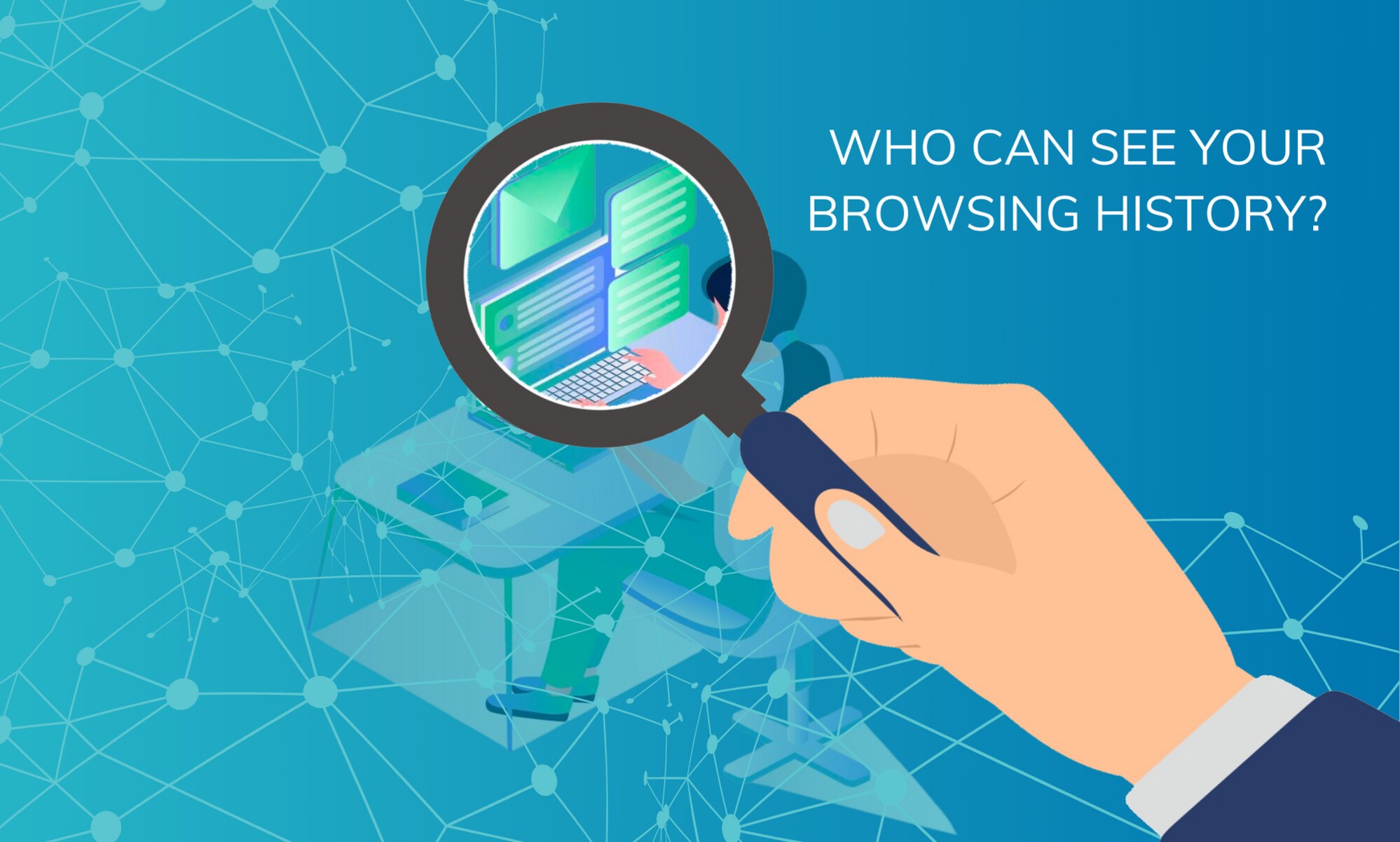A coalition of more than two dozen digital and democratic rights groups, NGOs, and not-for-profits, including noyb and Wikimedia Europe, have joined forces to address a critical issue that could shape the future of online privacy in Europe. The European Union’s regulatory body for data protection is being urged to reject a controversial tactic that has been adopted by Meta, the parent company of Facebook and Instagram, in an attempt to bypass the bloc’s privacy laws.
Key Takeaway
The future of online privacy in Europe is at stake as digital rights groups push for the rejection of a controversial tactic used by Meta to circumvent privacy laws.
The “Consent or Pay” Approach
The organizations are warning that if the European Data Protection Board (EDPB) does not take action against the so-called “consent or pay” approach to processing citizens’ personal data, it could create a fatal loophole in the bloc’s data protection regime. This loophole has the potential to significantly impact people’s privacy rights and reshape the web for the worse.
Meta’s Controversial Strategy
Meta, previously known as Facebook, has been at the center of this controversy. The company has switched to a tactic that offers users a choice between paying at least €9.99 per month for an ad-free subscription or agreeing to its tracking. This approach has been criticized for not providing users with a genuine free choice, as required by the General Data Protection Regulation (GDPR).
NGOs’ Concerns and Actions
The coalition of democratic and digital rights groups has raised concerns about the impact of this tactic on privacy rights and the internet as a whole. They have urged the EDPB to issue a decision that aligns with the fundamental right to data protection, emphasizing the importance of ensuring data subjects a genuine and free choice regarding the processing of their personal data.
Implications and Future Outlook
The outcome of the EDPB’s opinion will have far-reaching implications for online privacy and the business models of companies with surveillance-based practices. The decision is expected to shape the future of data protection and the internet for years to come, making it a critical juncture for privacy rights in Europe.
NGOs’ Call to Action
The NGOs have called on the EDPB and all supervisory authorities to firmly oppose the “pay or okay” approach to prevent creating a substantial loophole in the GDPR. They have emphasized the need for the opinion to ensure data subjects a genuine and free choice regarding the processing of their personal data.
Looking Ahead
While the EDPB’s guidance will be crucial in shaping the application of the GDPR, the issue may ultimately be decided by the Court of Justice (CJEU). The outcome of this battle will not only impact web users and tech giants but also set a precedent for the future of online privacy in Europe.
NGOs Standing Against “Pay or Okay”
Here’s the full list of NGOs signing the letter to the EDPB:
- ApTI – Association for Technology and Internet, Romania
- Bits of Freedom
- Corporate Europe Observatory (CEO)
- The Daphne Caruana Galizia Foundation
- Defend Democracy
- DFRI – Föreningen för digitala fri- och rättigheter
- Digital Rights Ireland
- Državljan D / Citizen D
- Deutsche Vereinigung für Datenschutz
- Electronic Frontier Norway
- Ek?
- The Electronic Privacy Information Center (EPIC)
- European Federation of Public Services (EPSU)
- epicenter.works – for digital rights
- Eticas Foundation
- Forbrugerrådet Tænk/The Danish Consumer Counsel
- Forbrukerrådet (Norwegian Consumer Council)
- Hermes Center
- Homo Digitalis
- Irish Council for Civil Liberties
- IT-Pol Denmark
- #jesuislà
- noyb – European Center for Digital Rights
- Panoptykon Foundation
- Resource Center for Public Participation
- Stichting Onderzoek Marktinformatie
- Wikimedia Europe
- Xnet, Institute for Democratic Digitalisation























